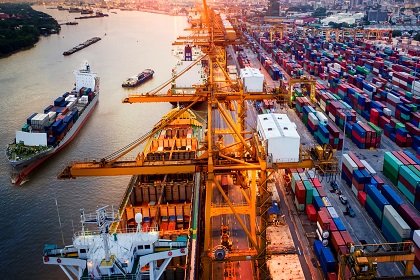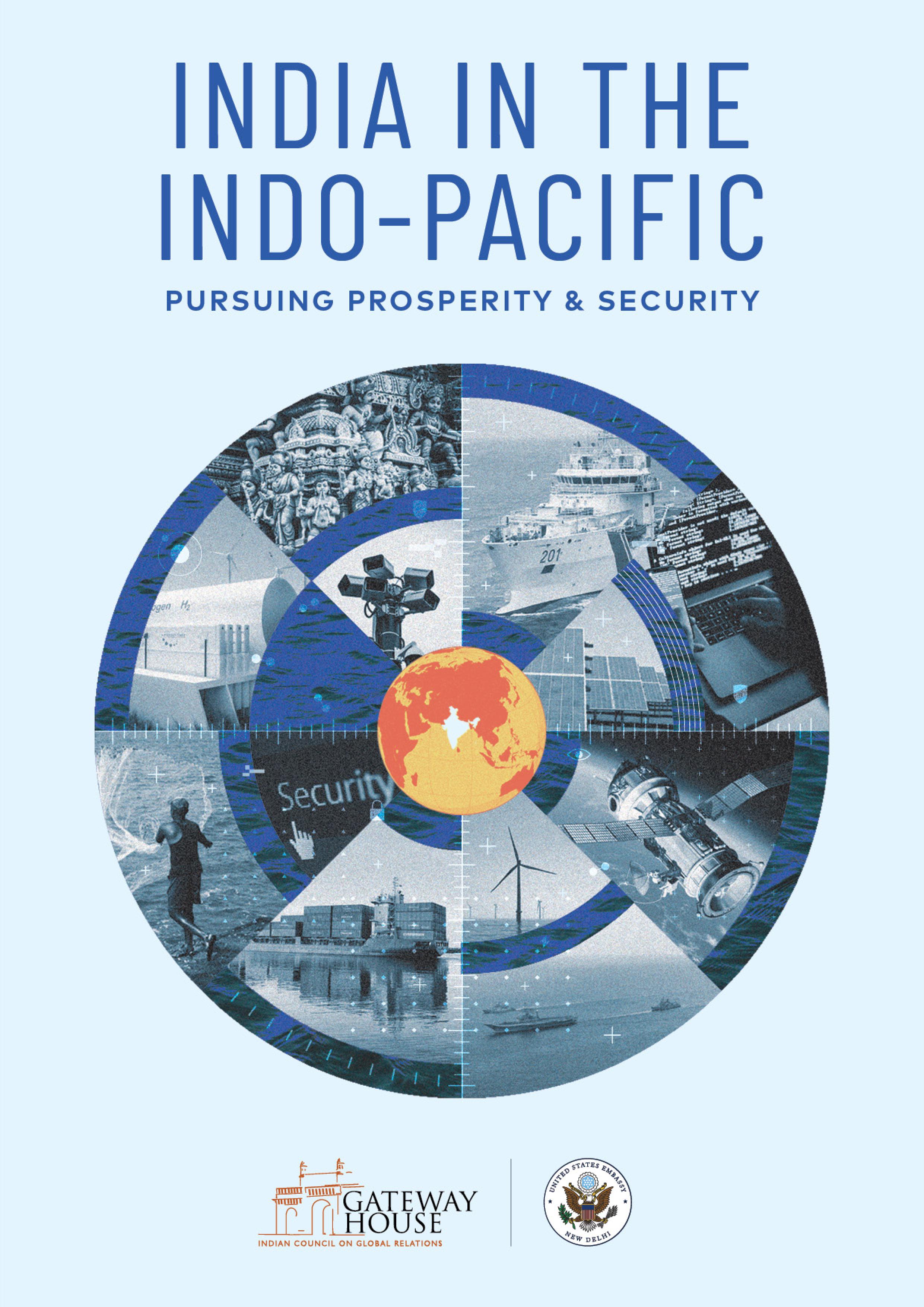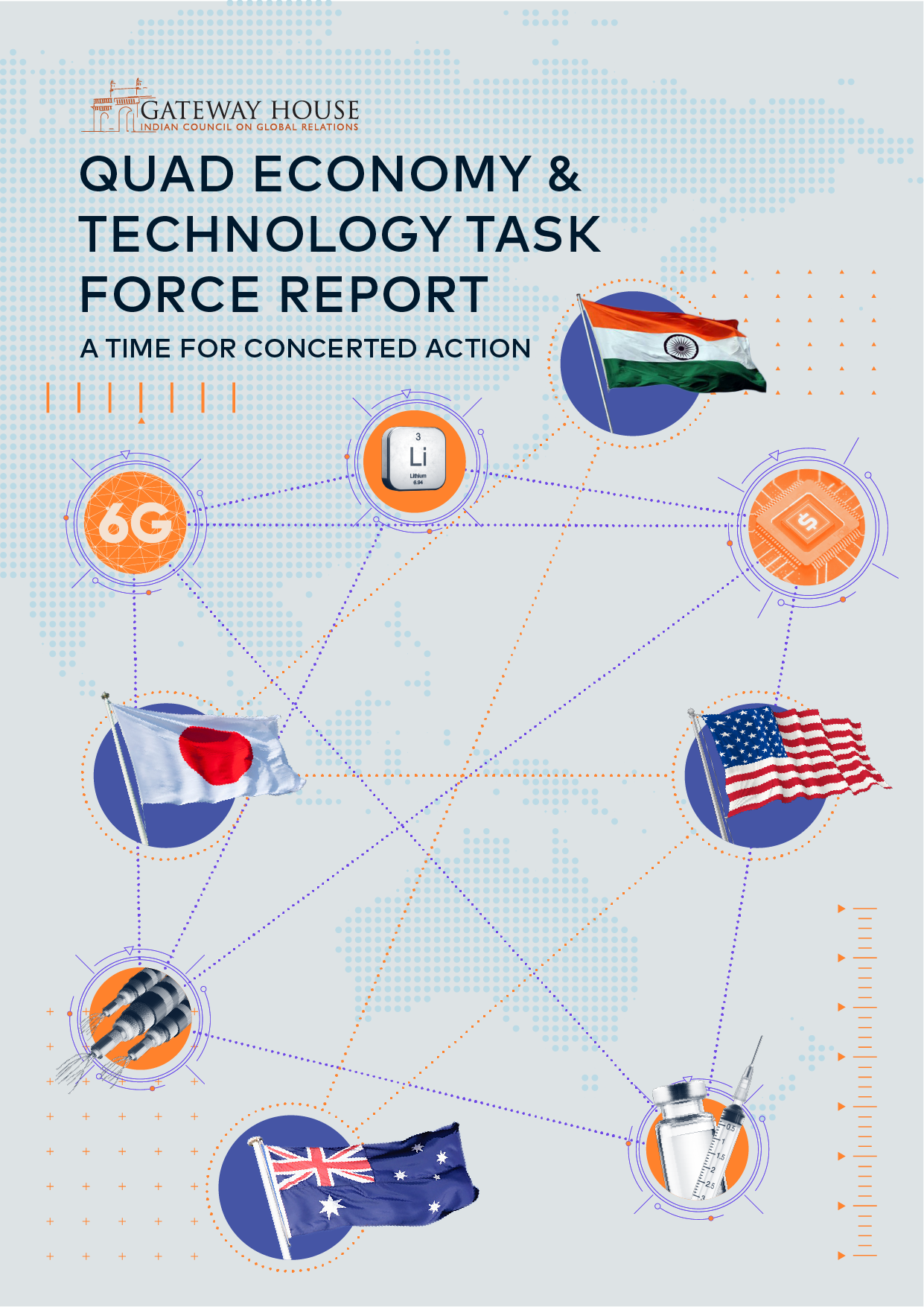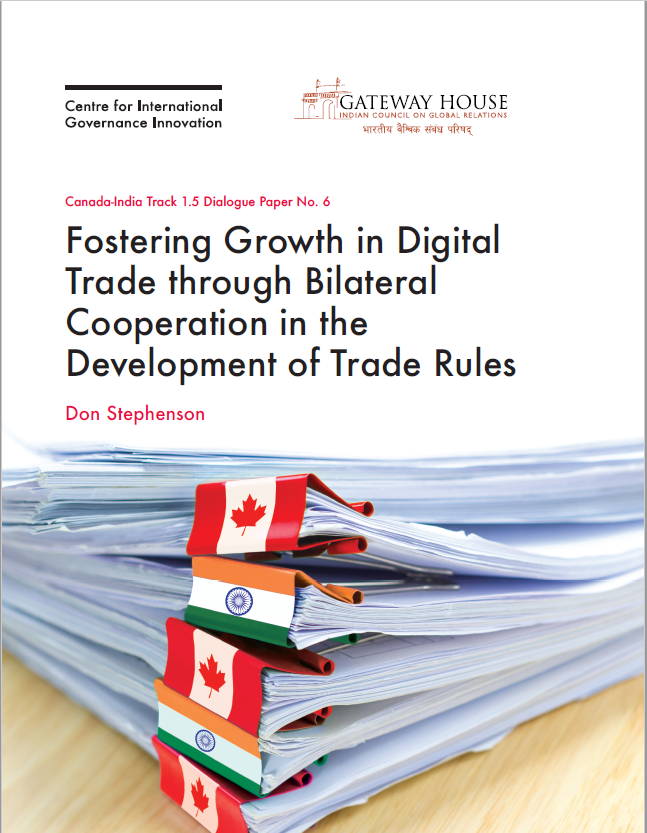Indian diaspora: soft power in the Indo-Pacific
The Indian diaspora has played a significant role in deepening the country's engagement with the Indo-Pacific nations. India can leverage this soft diplomacy to play a constructive role in the region.
 Courtesy: The Independent News & Media
Courtesy: The Independent News & Media
The Indian diaspora has played a significant role in deepening the country's engagement with the Indo-Pacific nations. India can leverage this soft diplomacy to play a constructive role in the region.
 Courtesy: TIME
Courtesy: TIME
Last month, the Government of India released its Green Hydrogen Policy with the goal of boosting energy self-reliance and inspiring clean energy transitions. The time is right for the Indo-Pacific economies to finance green hydrogen projects and integrate them into supply chains.
 Courtesy: Shutterstock
Courtesy: Shutterstock
Concerns of global supply chains being overdependent on China has shifted the focus to India. This became clear in 2021 when Australia, Japan and India together launched the Resilient Supply Chain Initiative. India must now leverage its unique position in the Indo-Pacific region by incorporating well-planned industrial clusters and models.
 Courtesy: TDB
Courtesy: TDB
Financial intermediaries are critical lubricants for business, growth and development. The Indo-Pacific countries are industrializing, but smaller nations lag behind economically. The Quad countries can aid the advancement of the financial architecture in the Indo-Pacific by helping to develop an ecosystem, modelled on the examples of Japan and India.
 Courtesy: Gateway House
Courtesy: Gateway House
The Indo-Pacific has become an important part of global geopolitics in the recent past, with several great powers implementing concerted Indo-Pacific policies to create economic, social and security linkages with the region. India can use its development experience and futuristic technology to secure stability and prosperity. This compendium of essays explores the comprehensive role that India can play in the Indo-Pacific, from energy and environment, to trade, security, technology and a vibrant diaspora.
 Courtesy: Blaise Fernandes
Courtesy: Blaise Fernandes
Geographical Indication (GI) tags denote a good's specific physical origin. These are potential revenue-generators for India. Combining government support with its e-commerce network, India can empower MSMEs and women-led cottage industries to compete with large companies by building a strong GI ecosystem. The Make in India initiative and GI can together provide an impetus to social and economic growth in India.
 Courtesy: Gateway House
Courtesy: Gateway House
The Bay of Bengal is a bridge between the Indo-Pacific and the Indian Ocean, and with a population of 1.4 billion, an increasingly important economic zone in its own right. India has been slow to build regional connectivity. The space has been filled by China's Belt and Road Initiative projects, which have not always been beneficial for host countries. The region may be better off pursuing digital connectivity by enabling tech startups – areas of India’s strength. This research uses maps to explore the potential for energy, transport, and financial connectivity across the Bay of Bengal.
 Courtesy: Gateway House
Courtesy: Gateway House
Conceived in 2020, the task force studied promising areas for cooperation between the Quad countries beyond their pre-existing maritime security partnership. The report highlights the need to increase economic and technological interdependence among the Quad countries and to establish common and updated rules and standards for emerging technologies in five study areas. The unique mix of the group – three developed and one developing nation, three Pacific and one Indian Ocean nation, three producer-trading nations with one massive emerging market – lends itself to innovation, experimentation and cooperation that can be a template for a new, post-pandemic geopolitical era.
 Courtesy: Gateway House
Courtesy: Gateway House
As multiple foreign powers compete in Africa, there is a need to understand the geopolitical landscape, and analyse the various policies, strategies and motivations of each country. Where lies India in this great strategic game? India has a unique relationship with the continent, with respect for equality, mutual benefit, and need-based assistance. By deepening India-Africa cooperation, bolstering economic relations and leveraging new digital, space and medical technologies, the relationship between India and the African nations can be better cemented, despite the global competition at play.
 Courtesy: Gateway House & CIGI
Courtesy: Gateway House & CIGI
The shifting trends in trade, especially given the growth in communications capacity and reduced cost of computing have altered traditional economic development. India and Canada have a shared commercial interest in E-trade. Both countries need to align their resources to frame trade rules of the new digital economy, to mutual benefit.